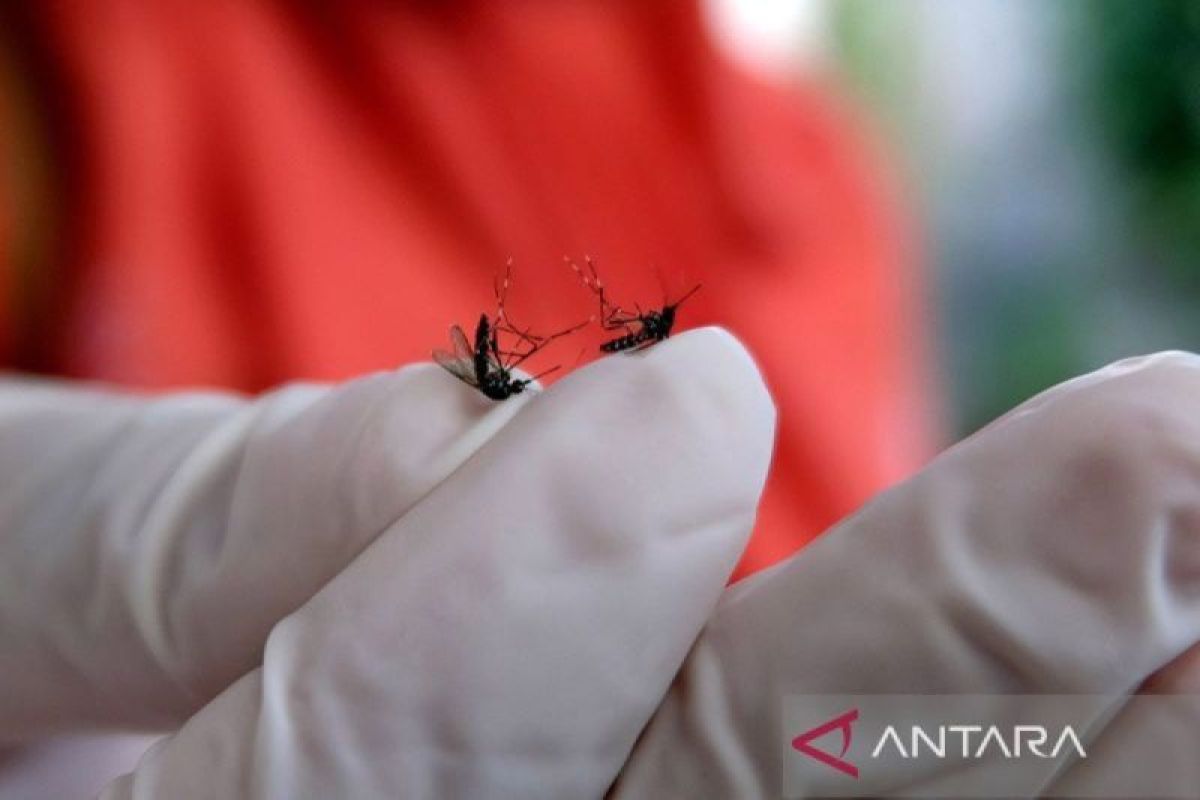Dengue fever, also known as DBD, is a serious disease that is transmitted through the bites of mosquitoes. In Indonesia, the two most common mosquitoes that spread DBD are Aedes aegypti and Aedes albopictus. These two species have some key differences that make them uniquely suited for spreading the disease.
Aedes aegypti is the primary vector for dengue fever in Indonesia. This mosquito species is well adapted to urban environments and is often found in and around human dwellings. Aedes aegypti is a daytime biter, meaning it is most active during the day and is known to bite multiple people in a single feeding session. This mosquito species is also known for its ability to breed in small, stagnant bodies of water, making it a common sight in urban areas.
On the other hand, Aedes albopictus is a secondary vector for dengue fever in Indonesia. This mosquito species is more commonly found in rural areas and forested regions. Aedes albopictus is a daytime biter as well, but it is less likely to bite multiple people in a single feeding session compared to Aedes aegypti. This mosquito species is also known for its ability to breed in a wider range of habitats, including natural bodies of water and artificial containers.
Despite their differences, both Aedes aegypti and Aedes albopictus are capable of transmitting the dengue virus to humans through their bites. The symptoms of DBD can range from mild to severe, with severe cases potentially leading to dengue hemorrhagic fever or dengue shock syndrome. Prevention measures such as using insect repellent, wearing long-sleeved clothing, and eliminating standing water around the home are crucial in reducing the risk of dengue fever.
In conclusion, while Aedes aegypti is the primary vector for dengue fever in Indonesia, Aedes albopictus also plays a role in the transmission of the disease. Understanding the differences between these two mosquito species and taking appropriate preventive measures can help in controlling the spread of DBD in the country.
